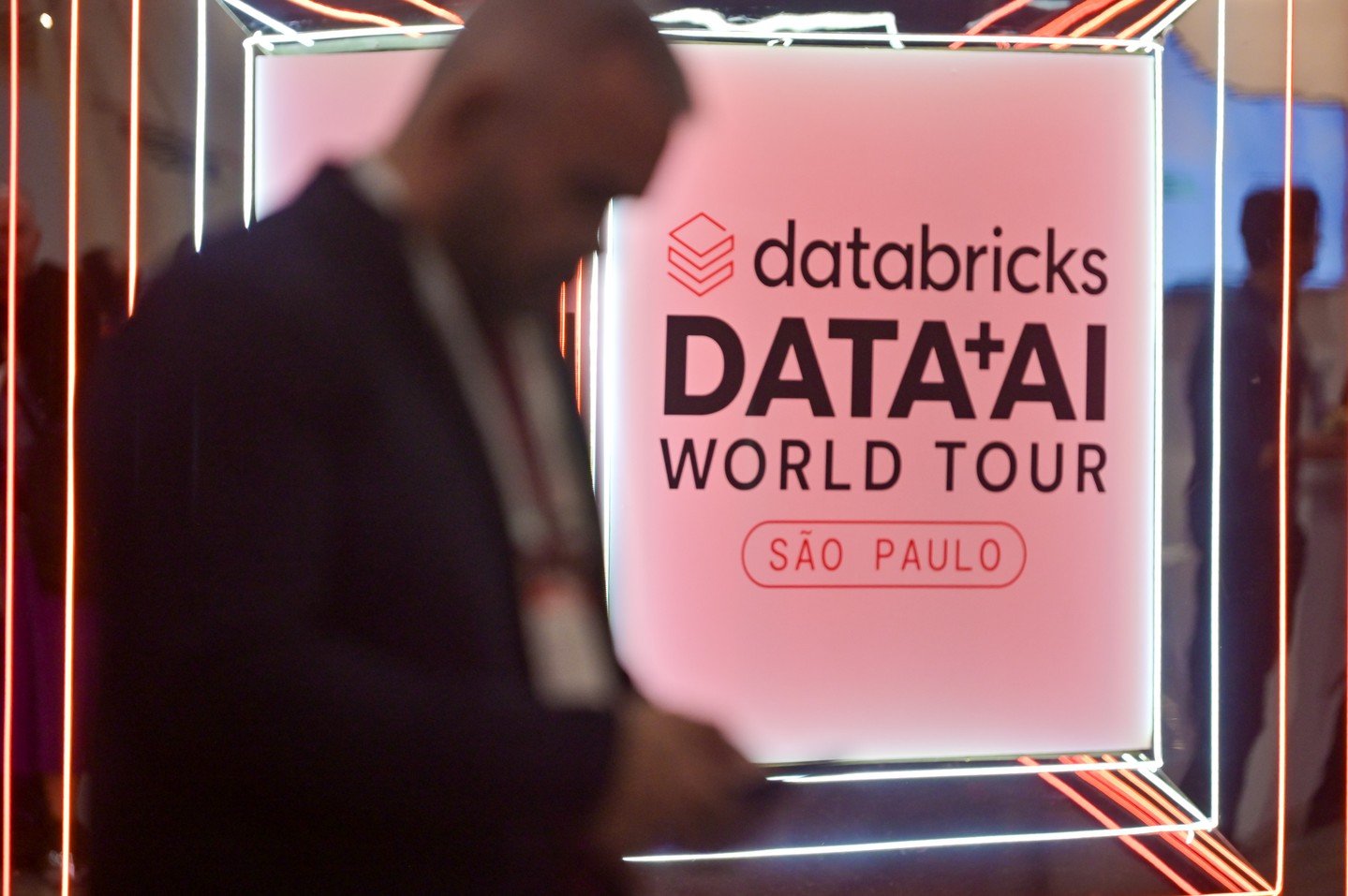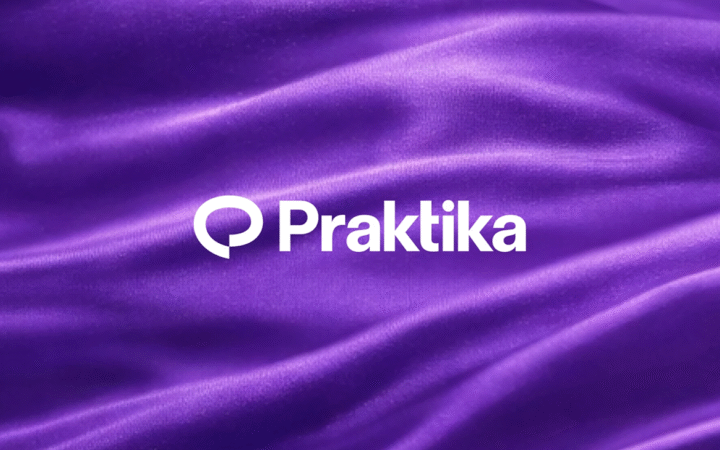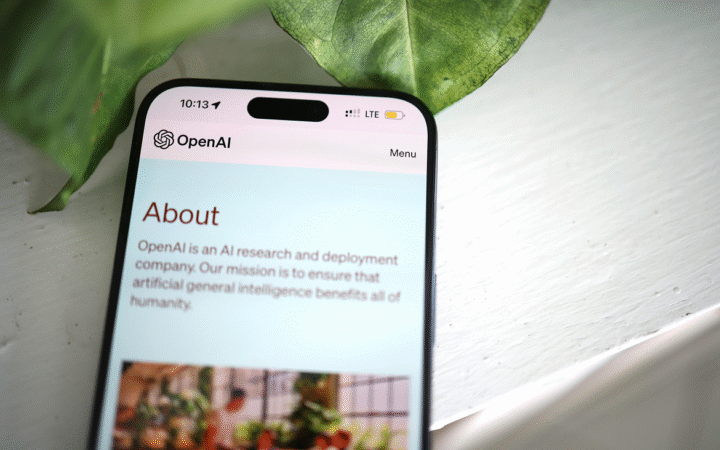
OpenAI and Databricks announced a multiyear $100 million partnership aimed at empowering enterprises to build and deploy AI agents directly against their own data. Through this agreement, OpenAI’s models – including GPT-5 – will be accessible natively within Databricks’ data intelligence platform and its Agent Bricks product, removing the need for data movement or managing external infrastructure.
The deal is structured to deliver services and revenue over time, with both companies expecting usage and adoption to exceed the initial $100 million commitment. Databricks, which serves over 20,000 enterprise customers, will now offer integrated AI agent capabilities as a core component of its stack.
Technical Integration & Governance
Under the agreement, OpenAI’s models will run where data already resides – within Databricks’ unified platform – making it simpler for businesses to spin up AI agents with minimal setup.
The integration includes support via SQL, APIs, and model serving modes. Databricks’ existing governance frameworks, such as Unity Catalog, will help manage access, compliance, and security as AI agents scale in production.
The partnership also involves joint R&D efforts to refine how agents operate reliably on enterprise workloads. Databricks brings scalability and data infrastructure; OpenAI contributes frontier-model research, pushing for agent-level intelligence closely tied to private data.
Business Impact & Risks
The move accelerates a trend: AI capabilities will increasingly be embedded deep inside enterprise stacks, not held at the edge. For Databricks, it strengthens its position against rival cloud providers and AI platforms. For OpenAI, it diversifies its enterprise reach beyond partnerships like Microsoft Azure.
Still, risk remains. Ensuring agent accuracy, consistency, and safety on real-world enterprise data is nontrivial. Any missteps—errors, hallucinations, privacy leaks—could harm customer trust. The financial model also carries exposure: if adoption lags, the $100 million baseline may underdeliver.
Success depends on execution: if the technical integration works smoothly and the agents consistently deliver value, this deal could reshape how businesses adopt AI agents.




